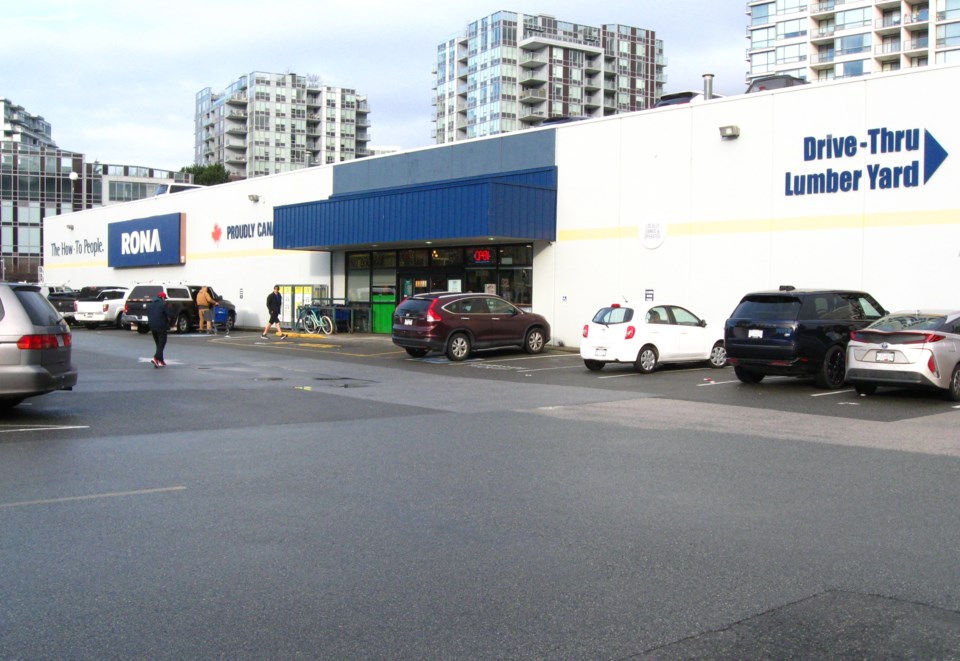Amid the predictable New Year’s resolutions discussed by the media – get more exercise, sleep more, improve eating habits, save money, spend less, worry less – we find increasingly urgent calls to retreat from social media and switch off the smartphone, or at least take control of the device before it’s taken full control of us.
So, what is this supposed to lead to? Put simply, going offline will allow us to spend more time with real, not virtual, people in real, not virtual, relationships and situations. It will allow us to connect with nature in the real, not virtual, world and absorb its power to calm some of the storms raging through our minds. The writer Margaret Renkl calls it “embodied connection.”
One activity that I think should be included under the heading of general digital detox recommendations, though its negative impact hasn’t yet received sufficient focus, is online shopping. It’s been around for years but became much more widespread at the start of the pandemic, when many people hesitated to frequent public places.
Besides contributing to environmental pollution, through waste (returns ending up in landfill) and energy consumption, online shopping prevents us from engaging all our traditional senses, our essential guides. Yes, we use sight to look at pictures on a screen, and then we use touch to press buttons as we proceed to ‘shop’. But that kind of sight and touch stops at the surface of the device. And what about smell or hearing? Even if it’s just a simple radio that I’m shopping for, I definitely want to hear the quality of the sound, and I want to hear it directly, not transmitted by the speaker on my device. If I’m buying a textile product online – be it fabric, thread, wool or clothing – I want to see the colour in person, I want to smell the fabric (some do reek of chemicals), and I want to touch it with my fingers, feel if it’s smooth or rough, if it drapes softly or bends stiffly. Also, how can I order thread online for a particular fabric if I can’t match the colour in person?
Are there other reasons to rate offline, in-person, shopping higher than online shopping? Of course! What about the experience of dealing in real-time with a real, not virtual, sales clerk, in a real, not virtual, space? A recent column in the Richmond News highlighted the frustration and waste of time that’s too often inevitable when we try to solve a problem with only virtual means at our disposal.
This past summer I experienced something at our local Rona store that would have been impossible online. I was looking for a particular item. According to their website they had four in stock. When I arrived at the store, there wasn’t even one of the promised four on the shelf. A sales clerk came to my aid. He checked Rona’s website (still listing four), he checked everywhere in the store, he checked the inventory of other Rona stores in Greater Vancouver, but the item I wanted had seemingly vanished off the face of the earth. The sales clerk then said he thought he could solve my problem, if I could wait a few minutes. I could, and spent the minutes lounging on a comfortable garden chair, daydreaming. When the sales clerk returned, he presented me with a solution that was even better (and cheaper) than the item I’d wanted to buy.
Last week I had another experience that would never have happened in a virtual setting. At Stong’s, the independent grocery store on Dunbar, I went to the Health and Beauty section and asked the clerk in charge for a particular type of skin cream. She didn’t have it, but when she heard what I wanted it for, she was able to recommend several alternative preparations. Her help didn’t stop when I left. Several minutes later she went to look for me and tracked me down in the dairy department – she’d thought of another product that might help me.
Give me a real store with real people, any time!
Sabine Eiche is a local writer and art historian with a PhD from Princeton University. She is passionately involved in preserving the environment and protecting nature. Her columns deal with a broad range of topics and often include the history (etymology) of words in order to shed extra light on the subject.



